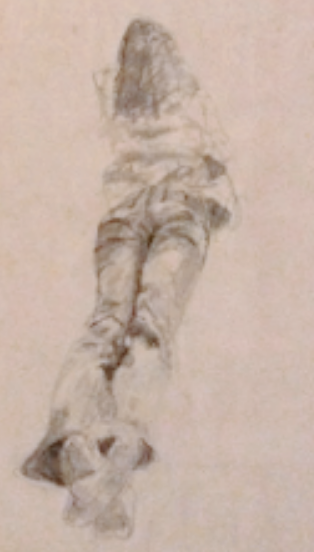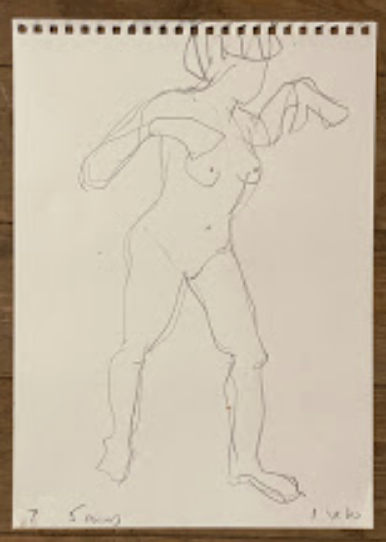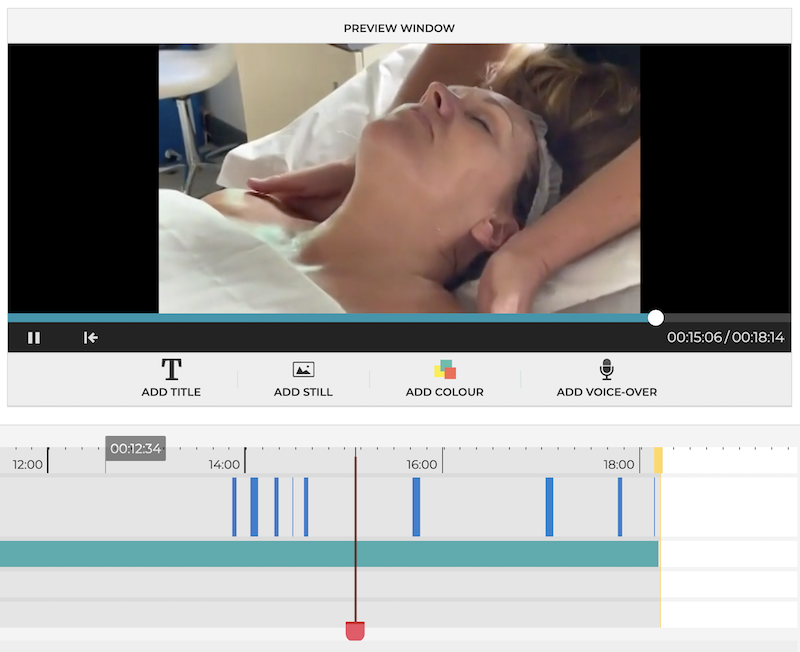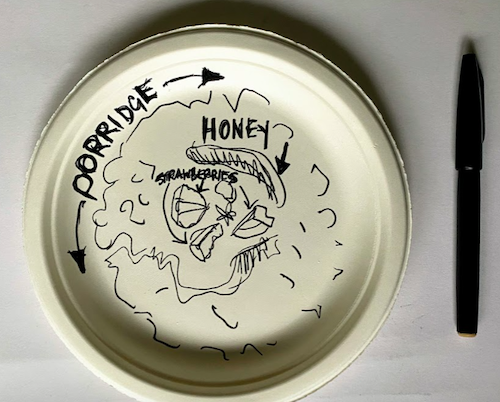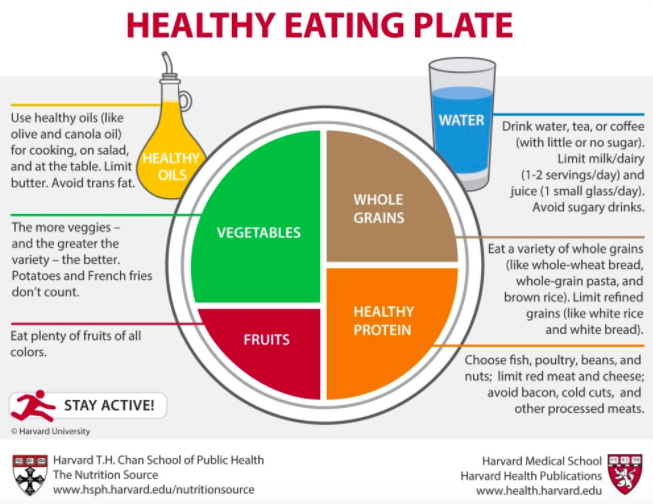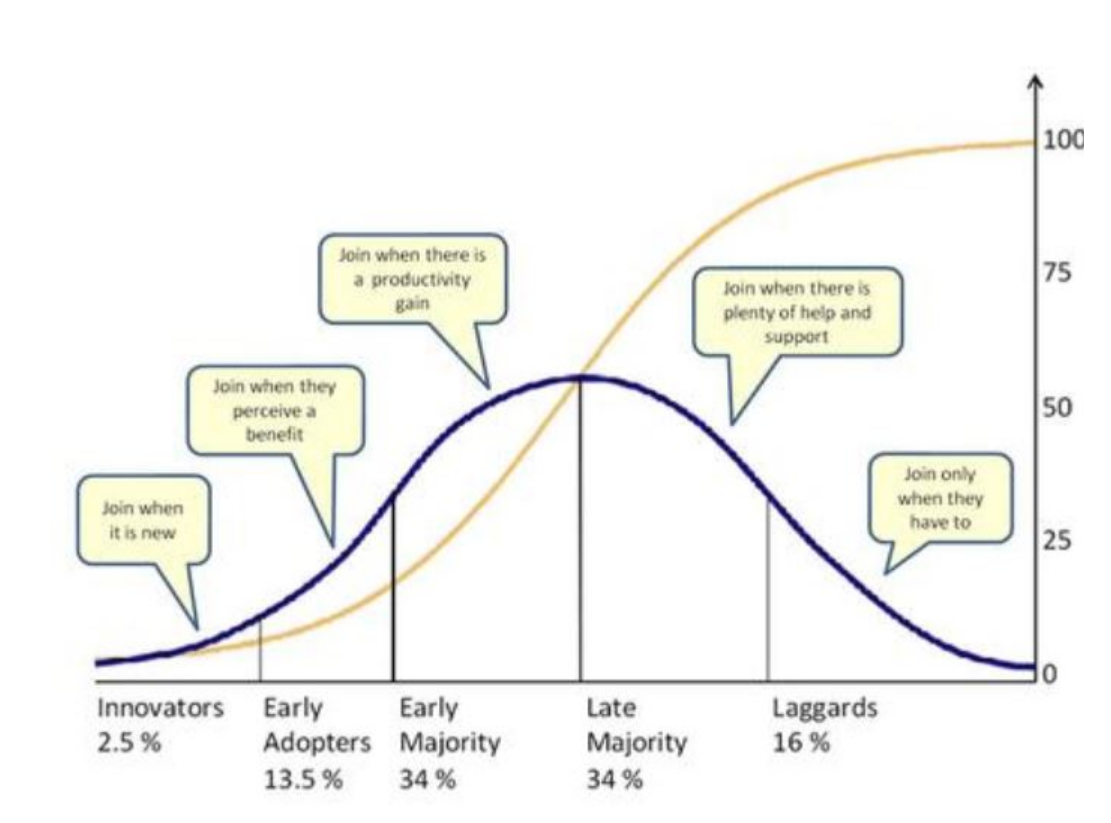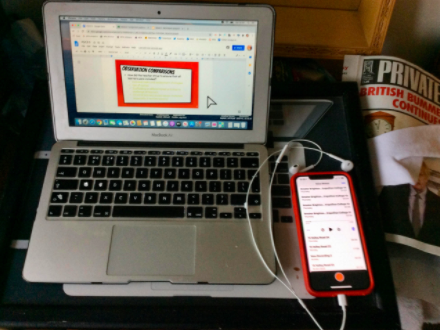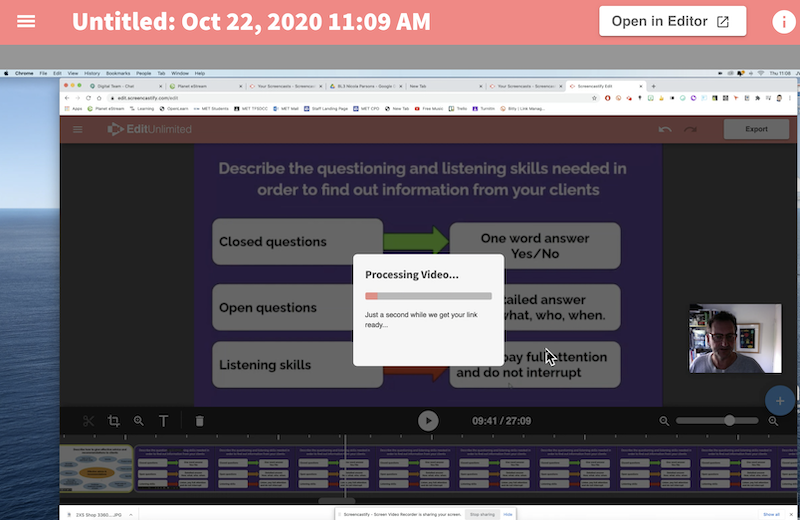Using dreams is problematic; you have to get up in the middle of the night. When the dream tells you something you have to run with it. If you don’t wake up, and stay awake to replay and interpret then the dream is lost. Try it someday.
In this dream … each day I go to a place of work, a movie set, workshop or community. Each day the route I drive becomes a little more familiar. Then I notice that rather than doubling back at the roundabout at the end of a long road on the edge of town to be able to get into this ‘place of work’ - a sharp, almost U turn from the side of the road that instead, if the traffic is clear I can hold back and when the road is clear go straight in to the entrance without the extra detour. After which things change. They open up in two ways.
I take my son to work (if it is work, it is more like a campsite) and I notice the incredible landscape on the horizon - it is like one of those kitsch Ben Ross paintings with a mountain top, with ridges and snow. (I never see or hear my son - I just know he is there).
I say to my son that I should take him up there one day (as If I had ever ventured there). In an instant we have travelled the 15 miles onto the mountain. Another moment and the car is gone and I am on that ridge, suffering from vertigo and not enjoying it one bit. I try to remain chipper and offer false confidence to my son despite my coming to a deep break in the ridge which is full of soft snow.
I am stuck. I am barely able to cling to the precipitous edge. I am as reluctant to go back as I am to go forward. I need to get into the snow to get across the gap, but in all likelihood the snow will be soft and one of two things will happen: I will sink deep into the snow, or snow will collapse and spew me out over the mountain. Neither outcome is good. I wake. I dwell on it. If I get up for an hour and read I will forget it.
I relax back into it, just to take in the narrative of the dream. I find myself reflecting on my current circumstances - as you do, dreams are always routed in your real world. Is this chasm on the ridge full of snow the way I see the challenge of PGCE? Is it even the metaphorical chasm that comes in any development of an innovation? How should I work with it?
First off , write it down. It is 4.04am. I am up. I woke from the dream about 45 minutes ago.
Then reflect on how I feel and why so often my dreams end on mountains and with snow. It is usually a wish unfulfilled, a challenge to great.
I reflect on Mihaly Csikszentmihalyi ‘In the flow’ (only because his name appeared amongst others as I went through my OU Blog yesterday looking for inspiration for ideas from education (and corporate training).
What if, as seeking to get into the flow I overstretch myself, that having bumped along in a generally upwards trajectory, getting bored, finding a new challenge, I now find I have taken on too much - that I have taken too great a leap?
And how often has this been my undoing as my ADHD brain reaches for, then turns out the light of enthusiasm?
What if … I work to get over the chasm? I don’t make any move that will in all likelihood lead to death (even the virtual, dream variety). Currently I can not go forward or back - my son may have been with me on the way up, but he has wisely left me behind. I am on my own.
What if … it was just a dream?
Mihalyi Czsicksentmihalyi got me on the mountain, but Everett Rogers will get me over the chasm. You see I’ve been thinking of his ‘Diffusions of Innovations’ too.
Diffusion of Innovation Theory suggests there is an S-curve of progression through a new idea’s development, take up, and becoming established. Famously it defines people as innovators, early adopters, late adopters and laggards.
I don’t like the word ‘laggard’ by the way. I don’t see the value of using pejorative terms for people simply because they are averse to change. Why shouldn’t my step-father, retired before the home computer consider getting any kind of device that will get him on the Internet? Why shouldn’t my equally ancient father-in-law not feel, well into his 90s, that any digital innovation that can make his life easier is something to adopt early and wholeheartedly?
Importantly, and this is stretching my interpretation of a dream quite literally, diffusion of innovation theory developed to incorporate a chasm that would hinder an innovation's progress onto the break-away upwards slopes to adoption and success.
Later diagrams of diffusion of innovation theory, a theory that developed in the early 50s and gained the chasm in the 70s or 80s (or later) show what to my mind could be this very break in the ridge that is preventing me from progressing onto the slopes that will take me to the top.
My interpretation makes sense to me because there are two things on my mind: the growing fear, like an actor’s nerves before the first dress rehearsal, that I am not ready to get up in front of colleagues to do a ‘micro-teach’ (part of the week 6 requirements for the PGCE on which I have embarked) and the need to put my thinking on innovations in FE/HE education into a commercial proposition.
The micro-teach will resolve itself with scripting, visualisation and practice. I know what I want, how I’d like the experience to play out and the outcome; I just have to put in the hours of preparation. Time for reading, looking back on notes is over. I can’t know the subject any less or more. I need to create a set of Rolodex cards (or just use Slides to create them digitally). [I order 100 Rolodex cards from an Office Supply shop).
Likewise, the commercial proposal needs to become words on a blank sheet of paper, not just ideas in my head.
